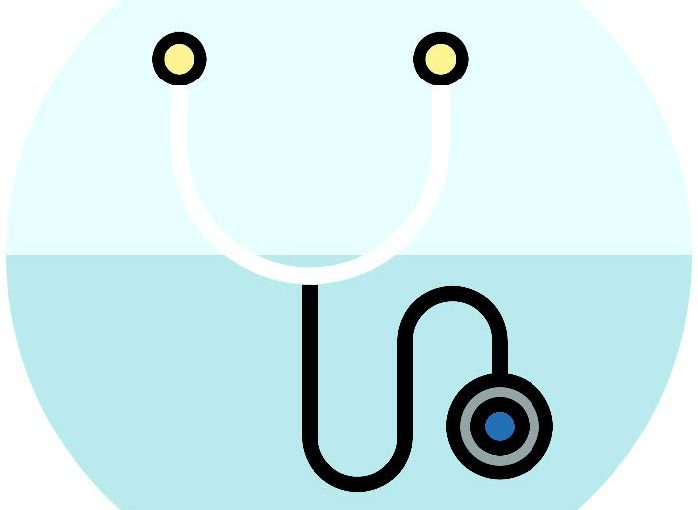As the discussion on the legalization of medical and recreational use continues across the state and the nation, marijuana is getting a reputation as a miracle drug, in both contexts, medical and otherwise. The data, however, is sparse, and some professionals question its functionality.
Focusing on the medical usage of the drug, only two compounds of the plant are used medically at the federal level, according to Amy Werremeyer, an associate professor in the pharmacy practice department at North Dakota State.
The compounds she talked about were dronabinol and nabilone. These are two chemical compounds taken from the marijuana plant and used to relieve symptoms such as vomiting, decreased appetite and chronic pain.
These compounds do not get the recipient high and are taken in pill form.
Werremeyer said the use of medical marijuana poses a bit of a challenge because the effects of using it as treatment are not yet fully known and understood, and that because of the federal illegality of the drug, there’s no way to regulate the dosage and exact strain recipients are getting.
Because of this, some doctors will report varying results, making it hard to gain reliable and consistent data on the substance as used in the medical world. Additionally, all the states that do research are assumed to have a bias because they are also the states with legal recreational marijuana.
When it came to recreational marijuana, Werremeyer talked about the withdrawal symptoms often ignored by those who smoke marijuana.
Some of the symptoms of marijuana withdrawal include insomnia, lessened appetite, anxiety and irritability. The time it takes to develop the possibility of withdrawal is consistent use of the substance for one or two months, depending on how frequently it’s used and how much the person chooses to use.
Additionally, Werremeyer mentioned research she had read to support that if the substance used before the age of 25, when the brain becomes fully developed, could result in lessened ability to make sound judgment, impair decision-making skills, interrupt neuron pathways and even result in psychosis in the form of hallucinations, which can be permanent.
Despite the risks associated with marijuana, Werremeyer does see young people who use it as a way to treat their problems from depression to chronic pain, however, without psychological benefits.
While Werremeyer sees potential in medical marijuana, she said that “using it right now puts the cart in front of the horse,” continuing to say that the research simply isn’t there right now.
